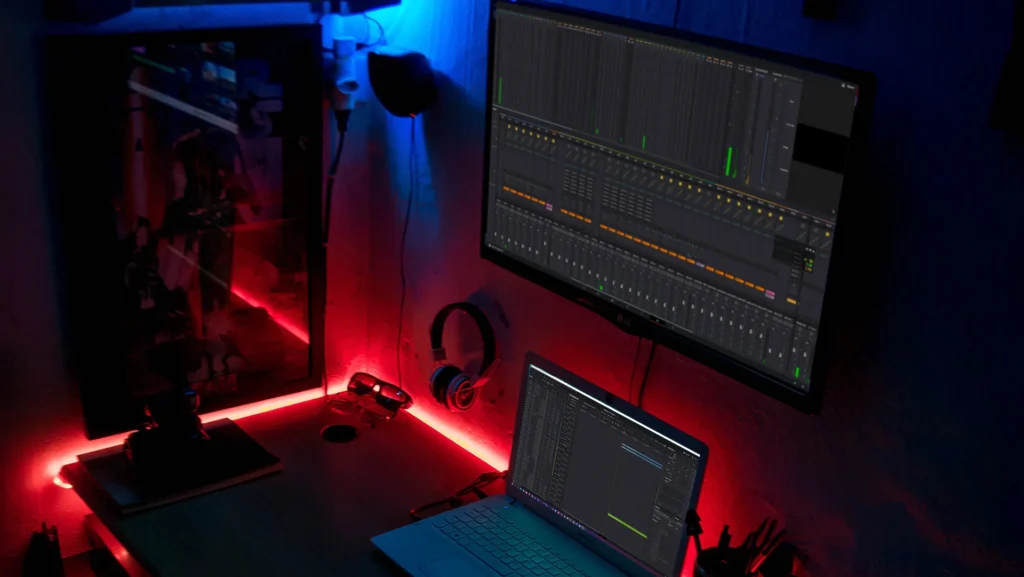Top 5 Companies that should acquire Avid
- bymadwerkzproducer
- 2 years ago
As of this post, Avid Technology is being daggled as the acquisitional equivalent of a Gordan Ramsey Wagyu Burger. While the anticipated flavor is undoubtedly divine, getting to the actual meal mentally intact is the hurdle. In short, is the destination worth the trip?
Avid Technology Inc (AVID.O), a provider of video and audio editing software and equipment to filmmakers and recording studios, is exploring a potential sale, according to people familiar with the matter. The Burlington, Massachusetts-based company is working with Goldman Sachs Group (GS.N) on the sale process and has asked for binding offers from interested parties, the sources said.
Milana Vinn, Reuters,
Media editing software vendor Avid explores sale-sources
Upon hearing this news and as an owner of a post boutique that uses both Media Composer and Pro Tools every day, that got me thinking, if Avid gets sold, who would be the top companies that would be a great fit to acquire it?
Who cares about Media Composer? Who cares about Pro Tools?
Founded in 1987, Avid provides editing software and hardware primarily to the entertainment industries namely Hollywood, Bollywood, and mainland China. Its products, Media Composer and Pro Tools have been used in the production of blockbuster movies such as ‘Top Gun: Maverick’ and ‘Avatar: The Way of Water’, including Symphony, Nexus, MediaCentral, and AirSpeed.
In short, Avid rules the professional media editing market as it pertains to Hollywood, long-form films, and a lot of independent film content. The majority of theatrical, documentary, and scripted television shows are edited and mixed on Avid products. Pro Tools absolutely owns the audio production market share in terms of subscriptions and user base.
While Media Composer is certainly behind Premiere Pro and now DaVinci Resolve in terms of appeal, user, and subscription base, it is still the most widely used nonlinear editor in Hollywood
Joddy Eric Matthews
While Media Composer is certainly behind Premiere Pro and now DaVinci Resolve in terms of appeal, user, and subscription base, it is still the most widely used nonlinear editor in Hollywood. Media Composer and Pro Tools can be found in most of the top studios in the world. To work on blockbuster films and shows, knowing Avid products is an absolute must.
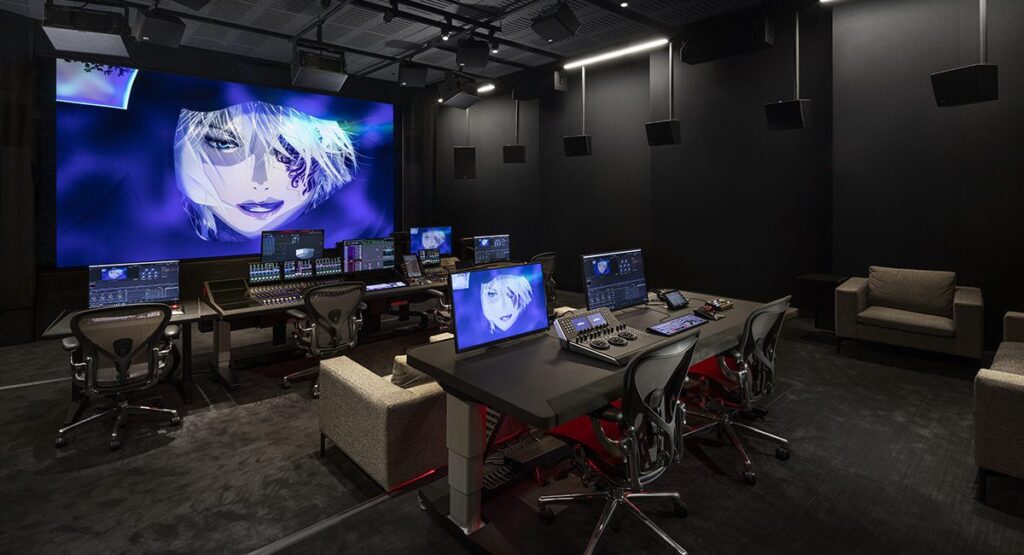
Niche Market
In today’s online content creation market, that would certainly be considered at most a niche market. Avid has been indeed slow to update any of this product line to grow outside of its 5% upper-end user base. So who would be the top 5 companies that I think would make sense for them to purchase both Avid Media Composer and Avid Pro Tools?

The Rules
Before we get started, I want to lay down of bit of a disclaimer. I am only talking about the companies that would buy both major products as a bundle. I think any company listed here must be willing to acquire an entire suite of products. Not splitting them up, meaning Avid Media Composer, Pro Tools, and Sibelius. Additionally, they must be willing to continue R&D on all the products or in other words, not acquire them for parts, strip them down, repeating an all too common practice highlighted by applications such as Flame Killer Nothing Reels Shake (acquired by Apple) or Avid Softimage (acquired by Autodesk) for example. Both applications suffered enlightened user bases, excited by the promise of a deep-pocketed parent company, only to find themselves soaked out of a few years of point releases, and then the sudden announcement of the end of the life of the project. Therefore, I will not consider any company unwilling to move forward with at least both major tools.
Must Haves:
- Willingness to acquire the entire product line
- No splitting up flagship products (Media Composer, Pro Tools, and Sibelius)
- Must be willing to continue research and development (R&D) on all the products
Okay, let’s get at this list. That’s what we came here for right?
No. 5. SONY
Now we all know that Sony has had some failures as it pertains to Pro apps in the past. For instance, it acquired and produced the audio production application Sony Vegas Pro for years, which was a wonderful product in many ways. It had a lot going for it, however, Sony could not find a loyal user base. Mainly due to their inability to find an effective positioning strategy in the professional post-production market. Efforts to market it as a professional app to filmmakers and a competitive one-stop solution to Premiere Pro, After Effects, and Audition failed, resulting somehow in a campaign of serving as the Windows solution to now prosumer lifestyle NLE Final Cut Pro. And when I mean Final Cut Pro, I mean version 10… not the wonderfully iconic version 7.
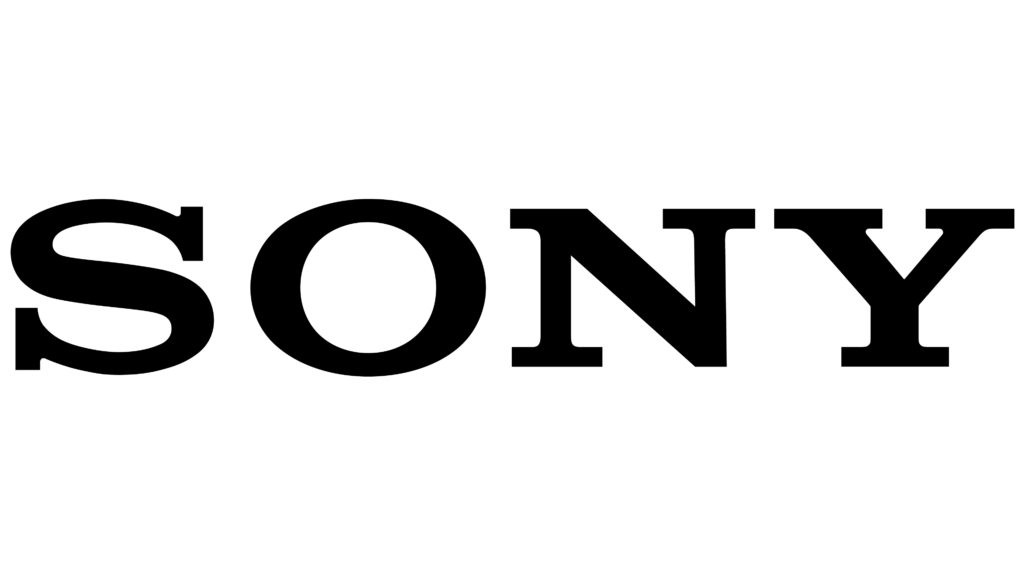
Sony could never figure out that Vegas wasn’t a content creator app, it was powerful, yet clunky. However, it just always found itself positioned between two worlds.
Now, on the other hand, the acquisition of Media Composer would fit perfectly in what Sony does, as Sony absolutely owns the high-end broadcast and color grading display hardware market. Trinitron and PVM brands are already common in most high-end Hollywood finishing suites.
Media Composer would be a no-brainer for Sony to acquire. Now as I stated a few paragraphs above, I’m a bit leery of Sony because they have had a habit of acquiring products and then losing focus. For example, the acquisition of the app called Sound Forge, a great powerhouse sound editing app, really demonstrates the example of Sony’s love-hate relationship with software. Sony sells Vegas and more to Magix
Now for that reason and that reason alone. Sony is my number five.
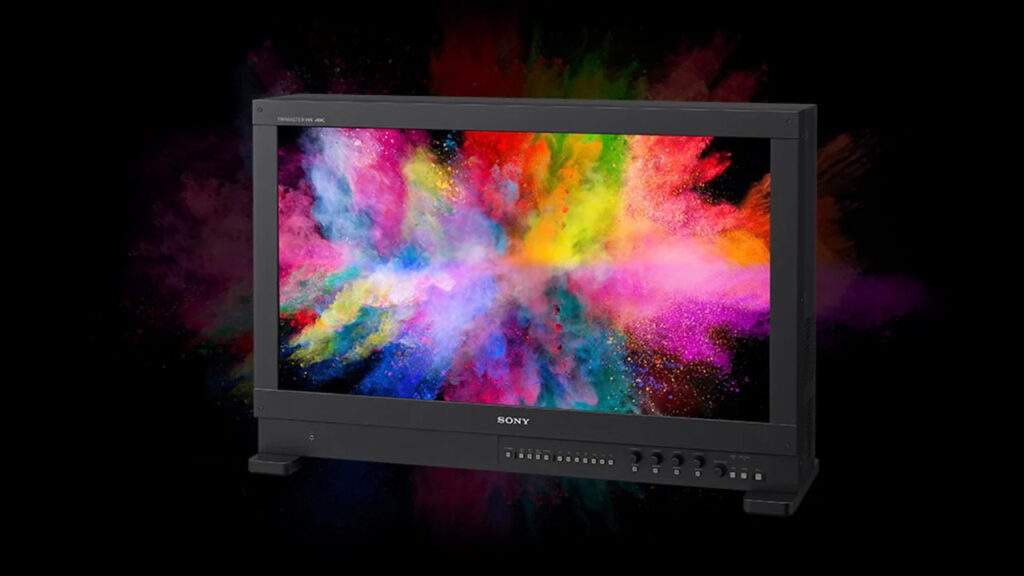

No. 4. The Foundry
Now my number four company is The Foundry. I absolutely love this company. The makers of the industry standard, the flame killer, Nuke. Along with Modo, Mari, Katana, and many other great apps, The Foundry would be a great place for both Media Composer and Pro Tools to land. The biggest problem would be acquiring the cash to purchase Avid without leveraging the rest of the company or selling its soul to a larger entity. Aside from that, The Foundry would be great for both apps. Its current NLE Nuke Studio hasn’t quite lanced the market share that The Foundry hoped for as an editing solution and they do not have any DAW or audio apps at this time.
Second, The Foundry excels in R&D, which both apps sorely need. Anybody who’s ever used Pro Tools versus a DAW such as Steinbergs Nuendo longs for Pro Tools to get both cosmetic and functionality upgrades. Lastly, the folks over at The Foundry know how Hollywood works. Nuke is the standard in visual effects compositing, so they are used to doing development with big studios, not relying on the point beta release to the subscriber masses crap so prevalent today.
Finally, The Foundry reminds me of a little company called Discrete Logic. They were innovators in the VFX space way back in the early 90s. Now many of the post-production tools we use today owe their existence to the work done by that little company and The Foundry reminds me of them in a lot of ways.
No. 3. Autodesk
Okay, number three is the 800,000-ton Gorilla. The Meteor which is Autodesk. Now this is gonna be quick.
- Deep pockets… Check
- Commitment to R&D… Check

So why are they only number three? Well, you remember that great little company I mentioned Discrete? Well, Autodesk acquired Discrete and its products Flint and Flame. Flint’s discontinued and well Flame… once the price of four Ferraris is…
Well, let’s just say nobody uses Flame anymore.
Or the story of Softimage. Anyone who remembers the original Jurassic Park and the groundbreaking character animation has seen the work of Softimage. Eventually, the 3D Computer Animation software was sold to Autodesk (after spending some time under Avid’s banner). Softimage went through a few point releases however once Maya was acquired from Alias that signaled the death knell for Softimage. Consequently, less than a decade later, it was gutted for parts and discontinued. RIP Face Robot.
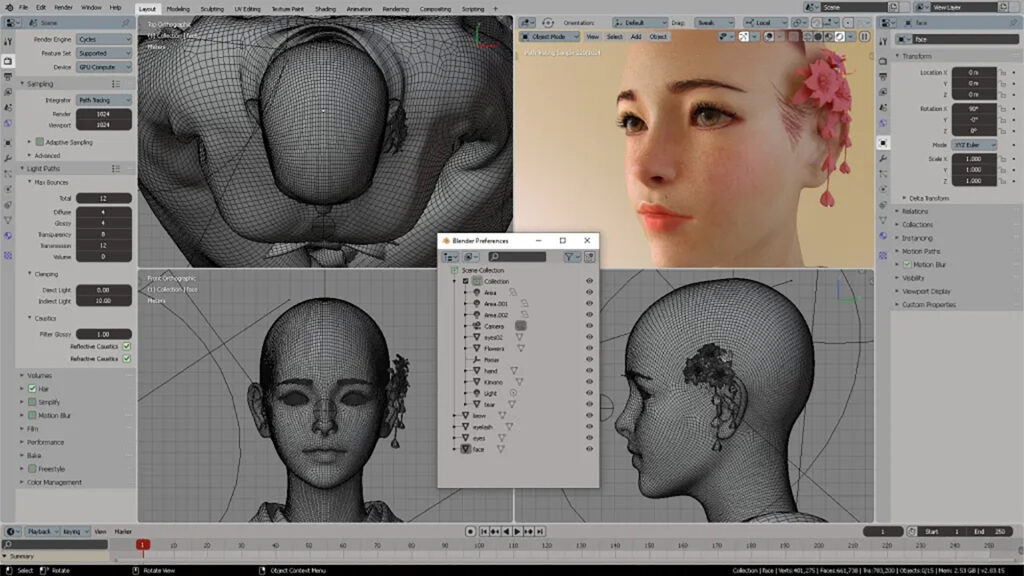
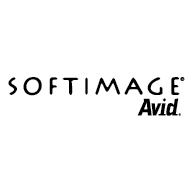
So Autodesk is kind of a 50-50 for me as a home for Avid. The two companies definitely have a history and that perhaps might make it enough of a good idea. But, not a great idea. So for that reason, they’re taking up the third slot.

No. 2. EPIC Games
Our number (2) two company that could or should acquire Avid is Epic Games. The makers of both Fortnite and Unreal Engine are uniquely positioned to be able to acquire all three products as they satisfy all of my requirements for acquisition.
- They have huge pockets
- Robust R&D
- Innovative minds
- They would allow all Avid products to evolve.
More importantly for Epic Games, they need these projects and their acquisition of Media Composer would give them a true Hollywood-tested editing solution and a way to evolve their current editing module Sequencer.
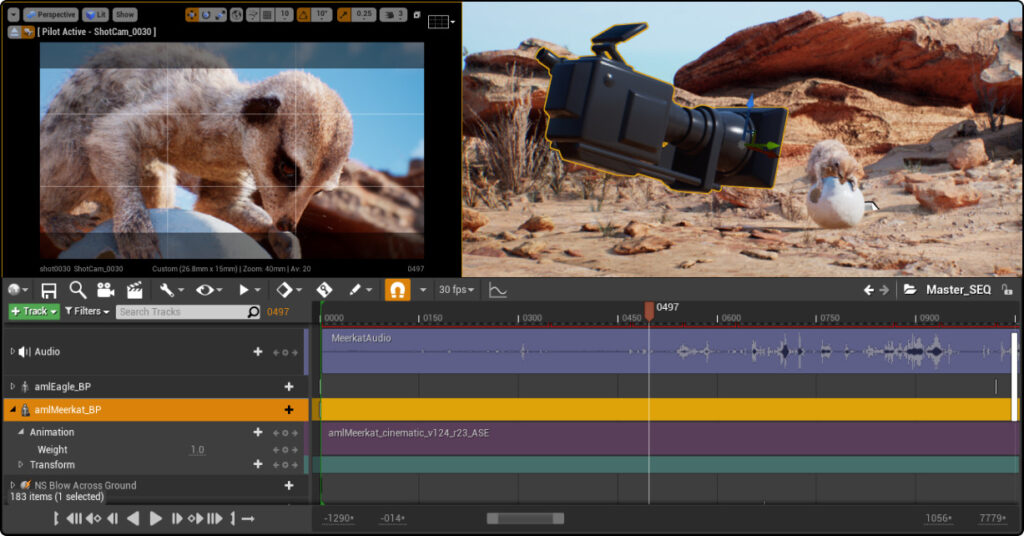
This also makes sense since Unreal Engine is the de facto go-to tool of choice for virtual production. Shows such as Star Wars The Mandalorian, Kenobi, and numerous Hollywood films are leveraging virtual production so adding a tool such as Media Composer, which by the way is already the destination for most of the content from virtual production, lets Epic in some ways complete the circle.

Now in Pro Tools, Epic Games would add a proven DAW adding the ability to enhance not only dialogue but audio content creation in its game division and for the independent creator world which is just discovering Unreal Engine. This would also shore up one of the biggest deficiencies in the Pro Tools line. It needs to keep pace with tools such as Nuendo and the ability to interface and integrate with game middleware and sound design. This is a big overall win for Epic Games. And that makes Epic Games take our second spot.
Numero Uno
Alright so now we come to the numero uno, our number one company that I believe it would make sense for them to acquire Avid. We’ve been through some heavyweights – SONY, The Foundry, Autodesk, and Epic Games. However, my number one company is…
No. 1. Nvidia
Now a lot of you are saying Nvidia?
The venerable hardware and AI company contains what one can only say are;
- Hella swole pockets… Check
- They are not just a hardware company
Believe it or not, they are actually into creating amazing software as tools like Omniverse and Canvas have redefined what it means to be in AI and also what it means to be a middleware company for CG.
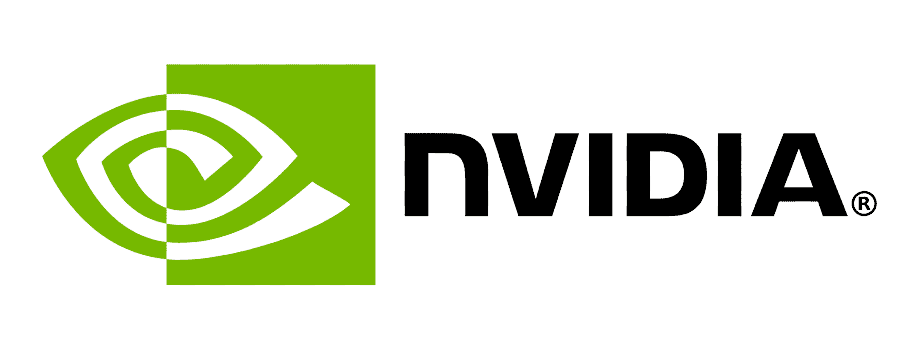
Why Nvidia?
Now why would I pick Nvidia over Epic Games you ask? Especially when Epic has Unreal Engine? Well, actually it’s kind of simple.
The reason is Blackmagic Design. They’ve focused on building Resolve, Fairlight, and Fusion (after acquiring each of them separately years ago), from the ground up to support their hardware, taking advantage, of speed and advancements in GPU technology. This is aided by forcing research and development (R&D) to be focused on producing a very professional Hollywood result. In Nvidia, we see a company that is very similar to Blackmagic Design in that a majority of their sales come from hardware purchases. They don’t need to make huge profit margins on pro apps. This keeps the focus of the software solutions focused on the user’s needs not on the subscriber base. Blackmagic Design has shown that you can literally give away advanced software. Software that 23 years ago cost $700,000 easily.
Blackmagic has proven that you can build a successful business by giving software away while still maintaining a comfortable profit margin. Nvidia is already positioned to be able to do that with Pro Tools with Media Composer. Now this would allow them to develop both products to their fullest while leveraging their graphics, design hardware, and AI hardware and ultimately I think this would be the best home for both products. So there you have it, my top 5 destinations for the Avid product line.
